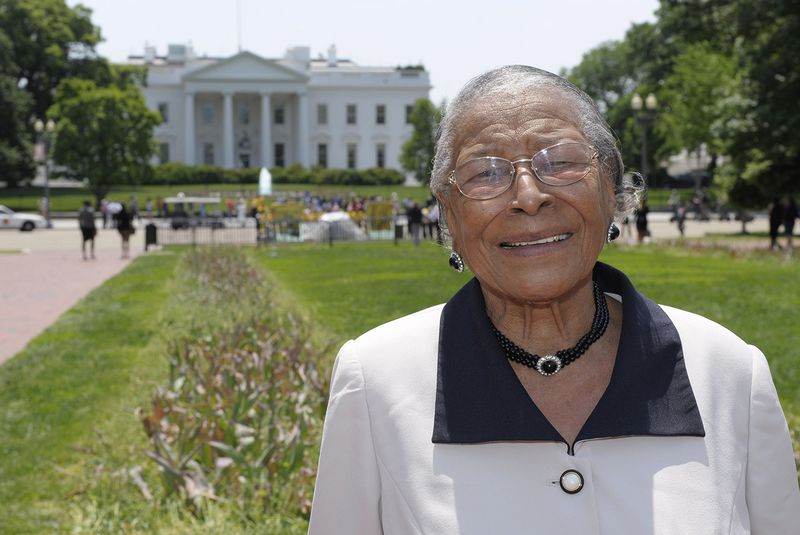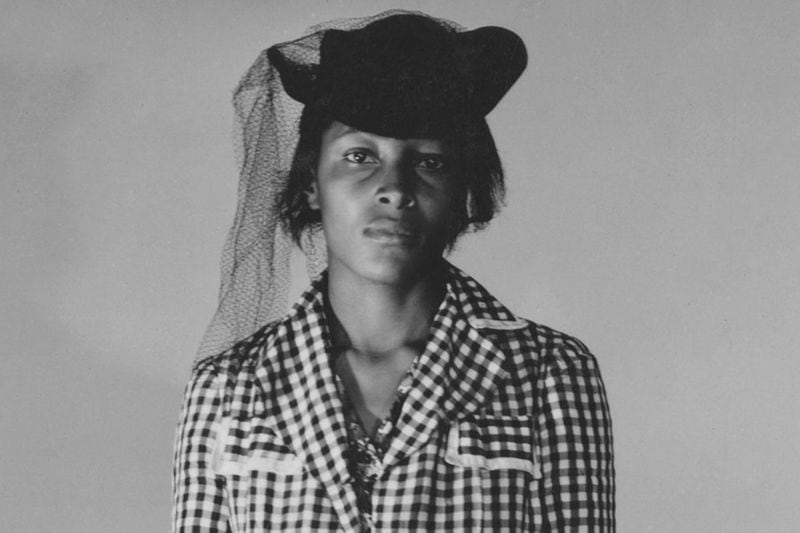The night was near its end and it had been a glorious one for the two couples sitting in a car at the edge of a Tallahassee, Fla., park in one of the town’s black neighborhoods.
The girls were dressed in ballgowns and the boys in their formal best, having just attended the Orange and Green Ball at Florida A&M University, where they were students. They hadn’t been at the park much more than 15 minutes when a car pulled up with four white men inside.
The young black couples were wary. That concern turned into fear when the white men got out, pulled a gun on them and ordered them out of the car. The women were separated from the men. One of the women broke free and ran into the wooded park. The other one could not get away. A knife was placed against her throat.
The four white men kidnapped the woman they caught, drove her to a remote area of the county and repeatedly raped her. She only escaped after her friends alerted police and officers tracked down the car. They found her trembling and dazed inside, still the captive of her assailants.
That 1959 case marked a turning point in the long, horrible history of sexual violence against black women by white men stretching back to the slave era. The Tallahassee case was meticulously documented by historian and author Danielle L. McGuire in her 2o10 book, “At the Dark End of the Street: Black Women, Rape, and Resistance.” The book examines the way sexual assault against black women by white men was used as a way of controlling and intimidating the black community for centuries.
The case of Emmett Till is perhaps the most famous of hundreds of cases in which a black male was lynched on specious charges of assaulting a white woman. Segregation laws had deep roots in the idea that black men were uncontrollable brutes who would assault white women if given the chance. But sexual violence against black women by white men was rarely considered a crime, and assailants were seldom prosecuted, McGuire said. That, too, had roots in slavery.
“In slavery, it was not just the exploitation of black women’s physical labor, but their sexual labor as well,” McGuire said. “Look at Harriet Jacobs account in ‘Incidents in the Life of a Slave Girl.’ She was trying to escape the lecherous behavior of her owner. Ida B. Wells talked on how rape was used as a weapon of terror against black women during the period of lynching.”
Another case McGuire detailed was that of Recy Taylor. Taylor was a young wife and mother in Abbeville, Ala., walking home one night in 1944 from church. Taylor was forced into a car by six white men, taken to a wooded area, raped and abandoned. Her case was highlighted earlier this year by Oprah Winfrey during the mogul’s speech at the Golden Globe Awards.
Taylor died in 2017 at age 97, but she told her story throughout her life and became a symbol of courage. The men who attacked her were never arrested, though they were known to authorities. The state of Alabama issued her a formal apology in 2011 for not pursuing her case.
Fifteen years after Taylor was gang-raped, the civil rights movement was burgeoning. The city’s African-American residents felt a measure of power because they’d staged a swiftly successful bus boycott just a few years earlier. So the FAMU coed’s abduction and rape in 1959 became the new battle cry.
Black newspapers across the country reported on the trial. FAMU students held rallies demanding that the black woman’s case be treated with the same gravity that any alleged rape of a white woman by black attackers would receive.
Remarkably, her four assailants were tried, convicted and received life sentences.
“Black women have been at the forefront of testimony and protest about sexual violence and racialized sexual violence that preceded the women’s movement, or before anyone took back the night,” McGuire said.
Throughout February, we’ll spotlight a different African-American pioneer in the daily Living section Monday through Thursday and Saturday, and in the Metro section on Fridays and Sundays. Go to myAJC.com/black-history-month for more subscriber exclusives on people, places and organizations that have changed the world, and to see videos on the African-American pioneer featured here each day.
About the Author








